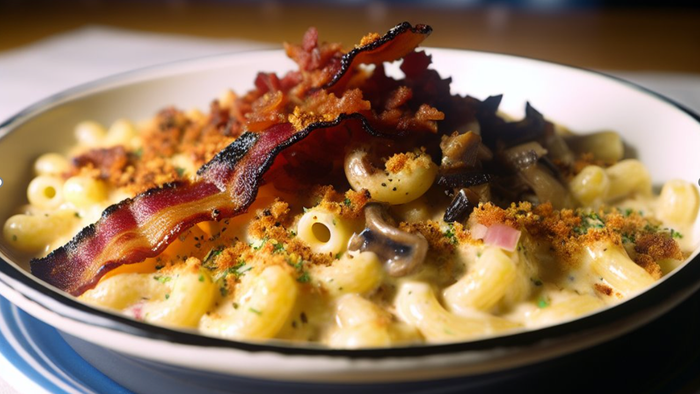Global Catering: How to Satisfy the Palates of Different CulturesGlobal Catering: How to Satisfy the Palates of Different Cultures
Organizing catering for an event isn’t just about crafting a menu; it’s a strategy requiring consideration of local traditions, dietary restrictions, and even details such as whether attendees are accustomed to eating with their hands or chopsticks.

Organizing catering for an event isn’t just about crafting a menu; it’s a strategy requiring consideration of local traditions, dietary restrictions, and even details such as whether attendees are accustomed to eating with their hands or chopsticks. Let’s dive into the nuances of this process using examples from different countries.
The golden rules for event catering
In 2022, the event industry was responsible for about 10% of global CO2 emissions annually. For comparison, this is equivalent to the yearly CO2 emissions of the United States. Meanwhile, food production contributes around 30% of global CO2 emissions.
Here are some tips to make your event catering more eco-conscious and less harmful:
Collaborate with local suppliers (within a 100 km radius) to reduce CO2 emissions. This ensures fresh, local products for your event and minimizes logistics challenges.
Integrate vegan options into the main menu rather than presenting them separately, increasing their appeal.
Plan ahead to donate unused food to those in need. In Europe, services like Too Good To Go can handle this process seamlessly.
Use surveys to collect data on attendees' preferences, avoiding over-ordering.
Additionally, conscious use of electricity, efficient logistics for food delivery, and avoiding plastic tableware contribute to environmental preservation.
Catering across different countries
Working in various geographical regions during events reveals distinct cultural attitudes toward food. Here’s a look:
Europe: Europeans value both taste and presentation—each dish must be aesthetically pleasing. Maintaining a balance is essential; an array of appetizers should not overwhelm guests with a banquet-like setup.
Asia: A vast region with multicultural nuances and fascinating cuisines. One trend in MICE (Meetings, Incentives, Conferences, and Exhibitions) catering is creating memorable impressions through food. Interactive culinary shows featuring unique ingredients and bold flavors captivate both locals and first-time visitors.
USA: The land of freedom, where "catering" can range from creative buffets with mini-burgers and craft beer to luxurious banquets with Mediterranean oysters. Guests appreciate a mix of taste, comfort, and innovation. Technologies like online ordering, QR codes, and data analysis for predicting client preferences are met with enthusiasm.
Organizing catering for multicultural events
Imagine this scenario: you’re responsible for catering at an international event in London. Among the attendees are guests from Japan, India, the USA, and Arab countries. How can you ensure everyone feels comfortable and satisfied?
Research cultural preferences and specifics.
Respect cultural restrictions and prohibitions: For example, Muslims don’t consume pork, Hindus often avoid beef, and guests from Israel may require Kosher meals.
Create zones for different culinary preferences: Dividing the space into themed zones representing various countries fosters networking and interaction.
Honor cultural serving traditions: In some cultures, it’s not customary to use the same utensils for different dishes. Additionally, some guests may prefer eating with their hands, so ensure there are appropriate napkins and hand-washing stations.
Catering is more than just food at an event—it’s an opportunity to demonstrate attention to detail, respect for your guests, and a desire to make their experience unforgettable. Whether it’s a boutique event in Paris, a grand conference in Dubai, or a networking event in Singapore, remember that catering is something guests will recall long after the event ends.




.png?width=700&auto=webp&quality=80&disable=upscale)
.png?width=700&auto=webp&quality=80&disable=upscale)

